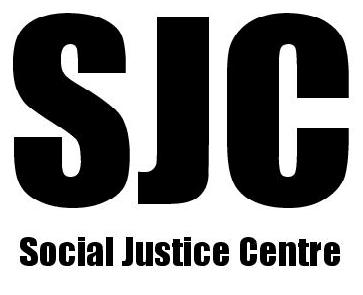By Jeff Shantz
There is a real need, across diverse neighborhoods and communities, from the Downtown Eastside (DTES) of Vancouver to Surrey and beyond, to confront and oppose the domination of police in our communities—in terms of their physical domination and control and in terms of their domination of public resources and public funds.
This requires organizing and building community counter-power. Groups and resources and infrastructures that can call out police structures and practices while starting to build real world alternatives to state policing models and institutions.
On June 26, 2019, Carnegie Community Action Project organized a town hall on cutting the Vancouver Police Department (VPD) budget. Participants included representatives from community groups ranging from Pivot Legal Society, Hogan’s Alley Society, Vancouver Area Network of Drug Users (VANDU), and Anti-Police Power Surrey.
This town hall offered some important insights and reflections on building community-based counter-power against police. Beginning with the very practical issue of police funding and the pressing need to defund police and redirect police resources to community care and supports that can actually address and meet real community needs. And it did so from the perspective of communities most targeted and punished by police in Vancouver.
Speakers touched on intersecting issues of poverty and class, racism, colonialism, and imperialism. It was noted that police do not serve and protect people—they protect structures of ownership and property (wealth inequality) and specific interests of property owners, businesses, and business associations. The stark deprivation that people in the DTES face (in housing, food, funding, etc.) is made even more stark with reference to the millions (about $300 million) spent on basic police operations in Vancouver.
The session started with an overview of the VPD budget. A handout showed visually and effectively the distribution of spending in the City of Vancouver Operating Budget for 2019.
The event ended with a “community town hall” forum of open question and discussion. People were invited to come up to speak and share their ideas and thoughts about developing alternatives. Those who spoke noted the loss of resources—the theft of resources—from communities that could actually address underlying social causes of social harms and societal threats. There was agreement that funds need to be directed away from police and put into services and infrastructures that are actually needed and useful and support and care for people.
At the center of concerns were pressing questions about what can be done. Ideas and suggestions included a community police watch or counter-patrols to observe police actions in the community. There was a call to observe Police Board meeting. Building networks among groups that are doing work against police and police budget increases was identified as necessary. A call was made that people join organizations doing this work, such as VANDU, CCAP, Our Homes Can’t Wait, and Anti-Police Power Surrey. There was a call to join the emerging Cut the Police Budget Campaign in Vancouver.
Notably, given the anger directed at me by Kwantlen Polytechnic University faculty for conveying an invitation by community members that police leave an event, ironically on “prisoner justice,” the “Cut the Police Budget” event started with a strong statement that out of respect for criminalized people, and in recognition of the harms that police inflict socially, any police or VPD employees present in the room must leave. This is basic protocol in communities, even if some privileged faculty (or those who view community members disrespectfully) want to deny it or erase it.
Police are institutions for maintaining colonial capitalist social structures. Addressing police oppression means fighting against colonialism, exploitation, and repression.
Event Videos
https://www.youtube.com/user/RadicalCriminology


